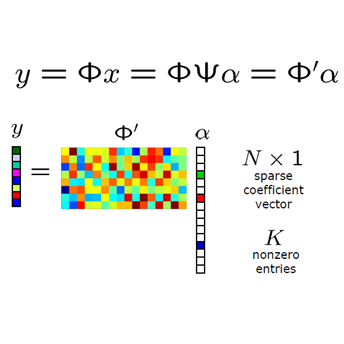Deep unfolding networks have gained increasing attention in the field of compressed sensing (CS) owing to their theoretical interpretability and superior reconstruction performance. However, most existing deep unfolding methods often face the following issues: 1) they learn directly from single-channel images, leading to a simple feature representation that does not fully capture complex features; and 2) they treat various image components uniformly, ignoring the characteristics of different components. To address these issues, we propose a novel wavelet-domain deep unfolding framework named WTDUN, which operates directly on the multi-scale wavelet subbands. Our method utilizes the intrinsic sparsity and multi-scale structure of wavelet coefficients to achieve a tree-structured sampling and reconstruction, effectively capturing and highlighting the most important features within images. Specifically, the design of tree-structured reconstruction aims to capture the inter-dependencies among the multi-scale subbands, enabling the identification of both fine and coarse features, which can lead to a marked improvement in reconstruction quality. Furthermore, a wavelet domain adaptive sampling method is proposed to greatly improve the sampling capability, which is realized by assigning measurements to each wavelet subband based on its importance. Unlike pure deep learning methods that treat all components uniformly, our method introduces a targeted focus on important subbands, considering their energy and sparsity. This targeted strategy lets us capture key information more efficiently while discarding less important information, resulting in a more effective and detailed reconstruction. Extensive experimental results on various datasets validate the superior performance of our proposed method.
翻译:暂无翻译



